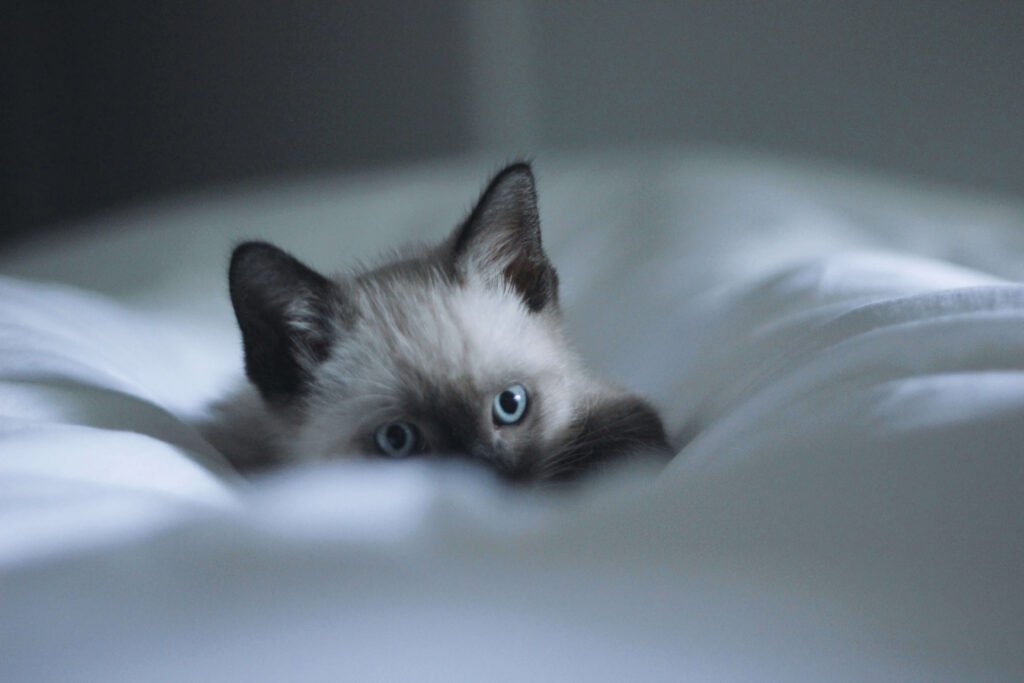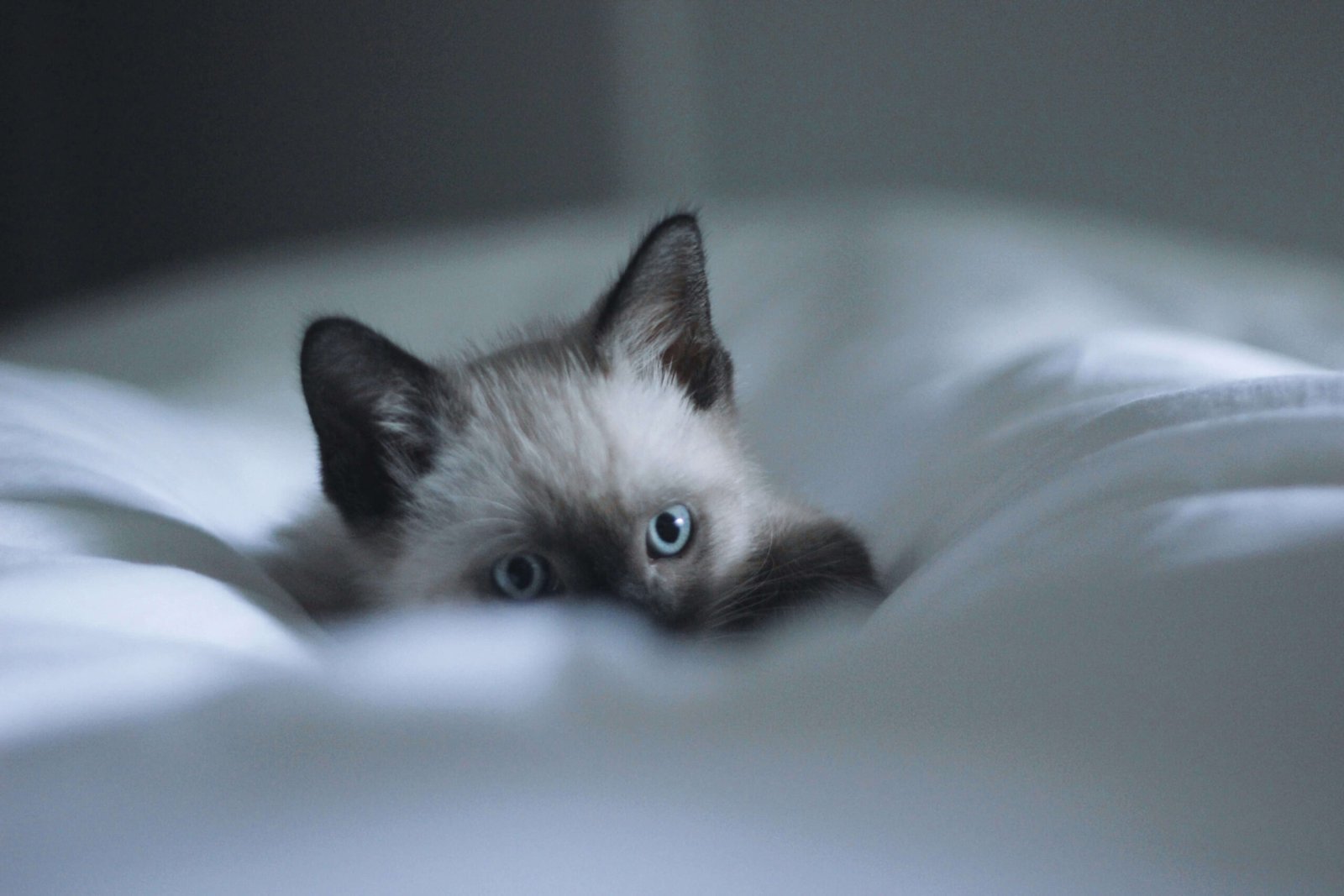Can Cats Eat Shrimp? A Guide to Feeding Your Feline Friend
Shrimp is a popular seafood delicacy enjoyed by humans worldwide, but can cats eat shrimp too? Many cat owners wonder if this tasty treat is safe and healthy for their feline companions. While shrimp can be a nutritious addition to your cat’s diet in moderation, there are important considerations to keep in mind. From potential health benefits to possible risks, this blog post will explore everything you need to know about feeding shrimp to your cat. By the end, you’ll have a clear understanding of how to safely incorporate shrimp into your cat’s meals while ensuring their well-being.
Health Benefits of Feeding Shrimp to Cats
When prepared correctly, shrimp can offer several health benefits for cats. It’s a rich source of protein and essential nutrients that support their overall health. Here are some key advantages of including shrimp in your cat’s diet:
High-Quality Protein
Shrimp is packed with lean protein, which is vital for muscle development and energy production in cats.Rich in Omega-3 Fatty Acids
Omega-3s found in shrimp can promote a healthy coat and reduce inflammation in your cat’s body.Source of Vitamins
Shrimp contains vitamins like B12 and niacin, which support brain function and metabolic health.Low in Calories
As a low-calorie treat, shrimp can be a great option for cats needing to maintain or lose weight.Hydration Boost
The natural moisture content in shrimp can help keep your cat hydrated, especially if they don’t drink enough water.
While shrimp offers these benefits, it’s important to feed it in moderation to avoid any adverse effects.
Potential Risks of Feeding Shrimp to Cats
Although shrimp can be a healthy treat, there are potential risks associated with feeding it to your cat. Being aware of these risks ensures you make informed decisions about their diet. Here’s what to watch out for:
Allergic Reactions
Some cats may be allergic to shellfish, leading to symptoms like itching, swelling, or gastrointestinal upset.High Sodium Content
Pre-packaged or cooked shrimp often contains added salt, which can be harmful to cats in large amounts.Choking Hazard
Small shrimp tails or shells can pose a choking risk if not removed before serving.Digestive Upset
Introducing shrimp too quickly or in large quantities can cause vomiting or diarrhea in sensitive cats.Parasites or Contaminants
Raw shrimp may carry parasites or bacteria that could harm your cat if not properly handled.
By understanding these risks, you can take precautions to ensure shrimp remains a safe and enjoyable treat for your cat.
Check this guide 👉Why Is My Cat Eating My Hair? Best 7 Expert Tips!
Check this guide 👉When Your Cat Eats a Fly: Best 7 Health Tips!
Check this guide 👉The Fascinating World of Cat Eating Habits: Best 7 Tips!

Safe Preparation Tips | Unsafe Practices to Avoid |
|---|---|
Serve plain, cooked shrimp | Add salt, spices, or sauces |
Remove shells and tails completely | Offer raw or undercooked shrimp |
Cut into small, bite-sized pieces | Feed shrimp as a main meal |
Limit portion sizes | Overfeed shrimp regularly |
Monitor for allergic reactions | Ignore signs of digestive distress |
How to Safely Introduce Shrimp to Your Cat’s Diet
If you’re considering adding shrimp to your cat’s diet, it’s important to introduce it gradually and responsibly. Here are some steps to ensure a smooth transition:
Start with Small Portions
Offer a tiny piece of shrimp to see how your cat reacts before giving larger amounts.Cook Thoroughly Without Seasoning
Boil or steam the shrimp without adding salt, butter, or spices to keep it cat-friendly.Remove All Inedible Parts
Discard shells, tails, and any hard parts that could harm your cat.Observe for Adverse Reactions
Watch for signs of allergies or digestive issues after feeding shrimp for the first time.Limit Frequency
Treat shrimp as an occasional snack rather than a daily addition to their diet.
By following these guidelines, you can safely share shrimp with your cat without compromising their health.
Alternatives to Shrimp for Your Cat’s Diet
If shrimp isn’t suitable for your cat or you’d like to explore other options, there are plenty of alternative treats that are equally nutritious. Here are some cat-safe alternatives to consider:
Cooked Chicken
Plain, unseasoned chicken is an excellent source of protein for cats.Pumpkin Puree
Pumpkin aids digestion and can help regulate your cat’s bowel movements.Blueberries
These antioxidant-rich fruits make a sweet and healthy treat in small amounts.Eggs
Scrambled or boiled eggs provide a boost of protein and essential nutrients.Fish (in Moderation)
Small portions of cooked salmon or tuna can be given occasionally as a treat.
These alternatives offer variety and nutrition, ensuring your cat enjoys a balanced diet.
Signs Your Cat Enjoys Shrimp
If you’re unsure whether your cat enjoys shrimp or tolerates it well, there are subtle signs to look for that indicate their preference. Here’s what to observe:
Excited Behavior
Your cat may meow, purr, or rub against you when they smell or see shrimp being prepared.Eager Consumption
They might eat shrimp quickly and show interest in getting more after finishing their portion.Increased Playfulness
Some cats become more energetic or playful after enjoying a treat they love.Preference Over Other Foods
Your cat may ignore other food options if shrimp is available, showing a clear preference.Returning for More
If your cat lingers around the kitchen or begs for shrimp again, it’s a strong sign they enjoy it.
By observing these behaviors, you can gauge whether shrimp is a hit with your feline friend and adjust their diet accordingly.
Creative Ways to Serve Shrimp to Your Cat
Adding variety to how you serve shrimp can make it even more appealing to your cat. Here are some creative ideas to try:
Shrimp and Pumpkin Mash
Mix small pieces of cooked shrimp with plain pumpkin puree for a nutritious and tasty snack.Shrimp-Stuffed Toys
Place tiny shrimp bits inside interactive treat toys to encourage mental stimulation.Frozen Shrimp Cubes
Blend cooked shrimp with water or broth, freeze it in ice cube trays, and offer it as a refreshing treat.Shrimp Trail Mix
Combine shrimp with other cat-safe treats like diced chicken or blueberries for a fun mix.Shrimp Topped Kibble
Sprinkle finely chopped shrimp over your cat’s regular food to enhance flavor and entice picky eaters.
These creative serving ideas not only make shrimp more exciting but also provide enrichment for your cat.
Tips for Buying and Storing Shrimp for Your Cat
To ensure the shrimp you feed your cat is safe and fresh, it’s important to know how to buy and store it properly. Here are some helpful tips:
Choose Fresh Over Frozen When Possible
Fresh shrimp is less likely to contain additives or preservatives compared to pre-packaged frozen options.Check for Additives
Avoid shrimp labeled as “seasoned” or “marinated,” as these often contain ingredients harmful to cats.Store in an Airtight Container
Keep shrimp refrigerated in a sealed container to maintain freshness and prevent contamination.Use Within a Few Days
Shrimp should be consumed within 2-3 days of purchase to ensure it remains safe to eat.Freeze for Long-Term Storage
If you buy shrimp in bulk, freeze portions in small bags to use as needed while preserving quality.
By following these tips, you can ensure the shrimp you feed your cat is both safe and nutritious, minimizing any risks.
Frequently Asked Questions About Feeding Shrimp to Cats
Can kittens eat shrimp?
Yes, but only in very small amounts and under supervision to avoid digestive issues.
Is raw shrimp safe for cats?
No, raw shrimp may contain harmful bacteria or parasites and should always be avoided.
How often can I feed my cat shrimp?
Shrimp should be an occasional treat, no more than once or twice a week.
Can shrimp replace my cat’s regular food?
No, shrimp lacks the complete nutrition needed for a balanced diet and should only supplement their meals.
What should I do if my cat has an allergic reaction to shrimp?
Stop feeding shrimp immediately and consult your veterinarian for further guidance.
Final Thoughts: Can Cats Eat Shrimp? A Balanced Perspective
Shrimp can be a delicious and nutritious treat for cats when fed in moderation and prepared correctly. While it offers several health benefits, such as high-quality protein and omega-3 fatty acids, it’s crucial to be mindful of potential risks like allergies or sodium intake. By following safe preparation practices and monitoring your cat’s response, you can confidently include shrimp as part of their diet. Remember, variety is key to keeping your cat happy and healthy, so feel free to explore other safe and nutritious alternatives. With care and attention, you can ensure your feline friend enjoys the occasional shrimp treat without any worries.
Do Cats Have Taste Buds? Best 7 Expert Tips! – Discover how cats experience flavors and why their taste is so unique.
Do Dogs Have Taste Buds? Best 7 Expert Tips! – Discover how dogs experience taste, their preferences, and what it means for their diet and health.
Can Cats Taste Sweet? Best 7 Expert Tips! – Discover why cats can’t taste sweetness, how it affects their diet, and tips to keep them healthy and happy.
Can Dogs Taste Sweet? Best 7 Expert Tips! – Discover how dogs perceive sweetness, which foods are safe, and tips to manage their sweet cravings responsibly.





